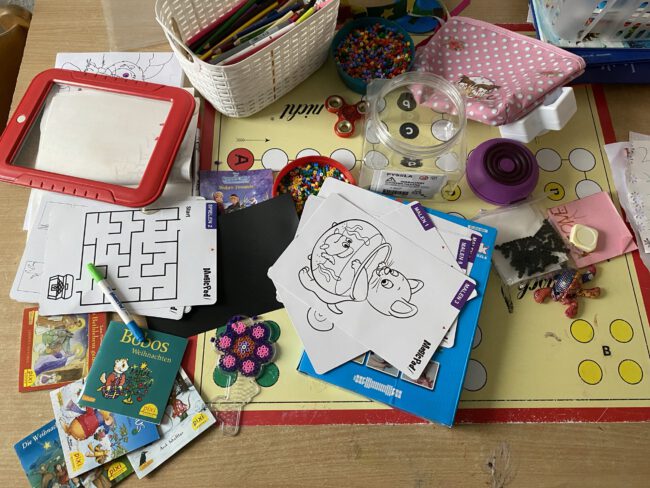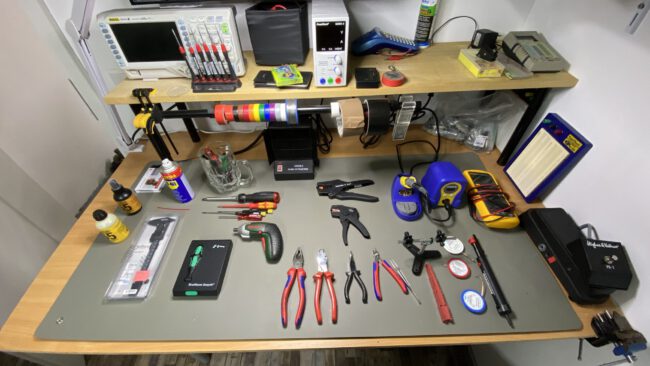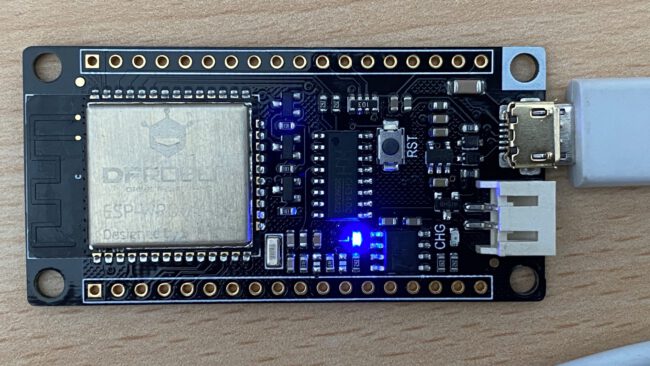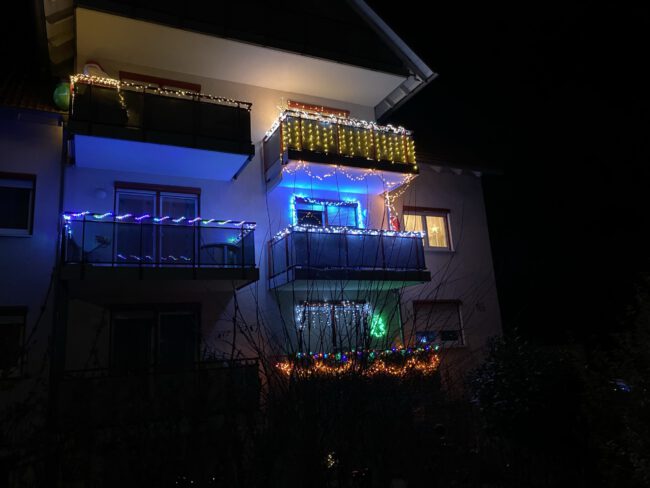Useful tips to stay ahead of chaos
These little “life hacks” saved me a lot of trouble Never leave your flat / house without your keys Kids can lock you out when you just bring out the trash, wind can blow the door shut. Do it even when your partner pretends to have a key on his/her own 🙂 Stow away spare…









